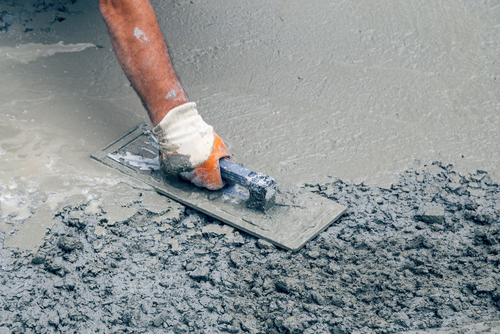Concrete flooring is a popular choice for many different types of buildings and spaces. This is due to a number of factors, including its durability, versatility, and low maintenance requirements.

I can provide some insights that I got from Concrete Flooring Stockton CA on why concrete flooring may be a popular choice for certain applications.
One of the main reasons why people choose concrete flooring is its durability. Concrete is an extremely tough and resilient material that can withstand a lot of wear and tear, making it ideal for high-traffic areas like commercial buildings, warehouses, and industrial facilities.
Another benefit of concrete flooring is its versatility. It can be customized in a variety of ways to suit different design preferences and functional needs. For example, it can be stained, polished, or painted to create different looks and textures. It can also be finished in a variety of ways, such as matte, glossy, or textured.
Concrete flooring is also relatively low maintenance. It requires only periodic cleaning and sealing to maintain its appearance and protect it from stains and moisture. This makes it an attractive option for those who want a flooring material that doesn’t require a lot of upkeep.
In terms of cost-effectiveness, concrete flooring is often a good choice for larger spaces or high-traffic areas. It is typically less expensive than other flooring options, such as hardwood or tile, and requires less maintenance and upkeep over time.
Concrete is also a sustainable building material that is often used in green building projects. It is durable, energy-efficient, and can be made from recycled materials, making it an environmentally-friendly choice for those who are concerned about the impact of their building materials.
Finally, concrete flooring can offer a range of health and safety benefits. It is fire-resistant and slip-resistant, making it a safe choice for commercial or industrial spaces. It also doesn’t trap allergens like carpet can, making it a good choice for those with allergies or asthma.
Overall, as stated in Concrete Flooring Stockton CA, there are many reasons why concrete flooring may be a good choice for certain applications. Whether you’re looking for durability, versatility, low maintenance, cost-effectiveness, sustainability, or health and safety benefits, concrete flooring is worth considering.
Jenco Companies
402 N Harrison St, Stockton, CA 95203, United States
209-931-8129

